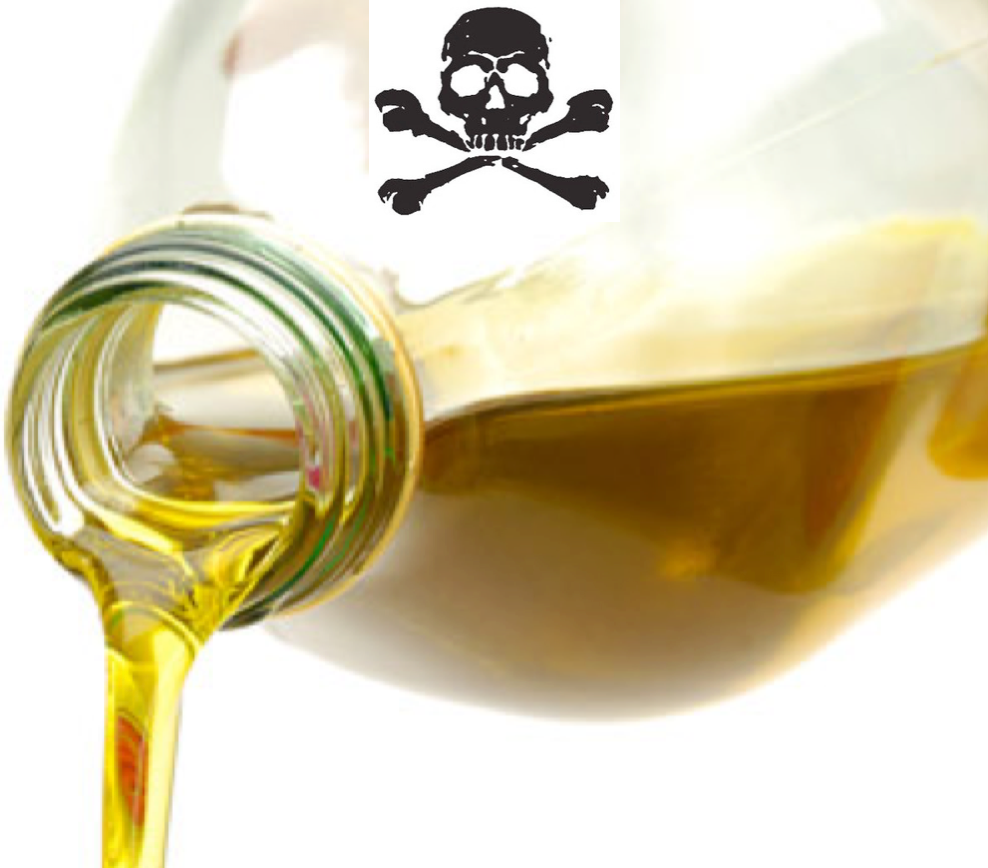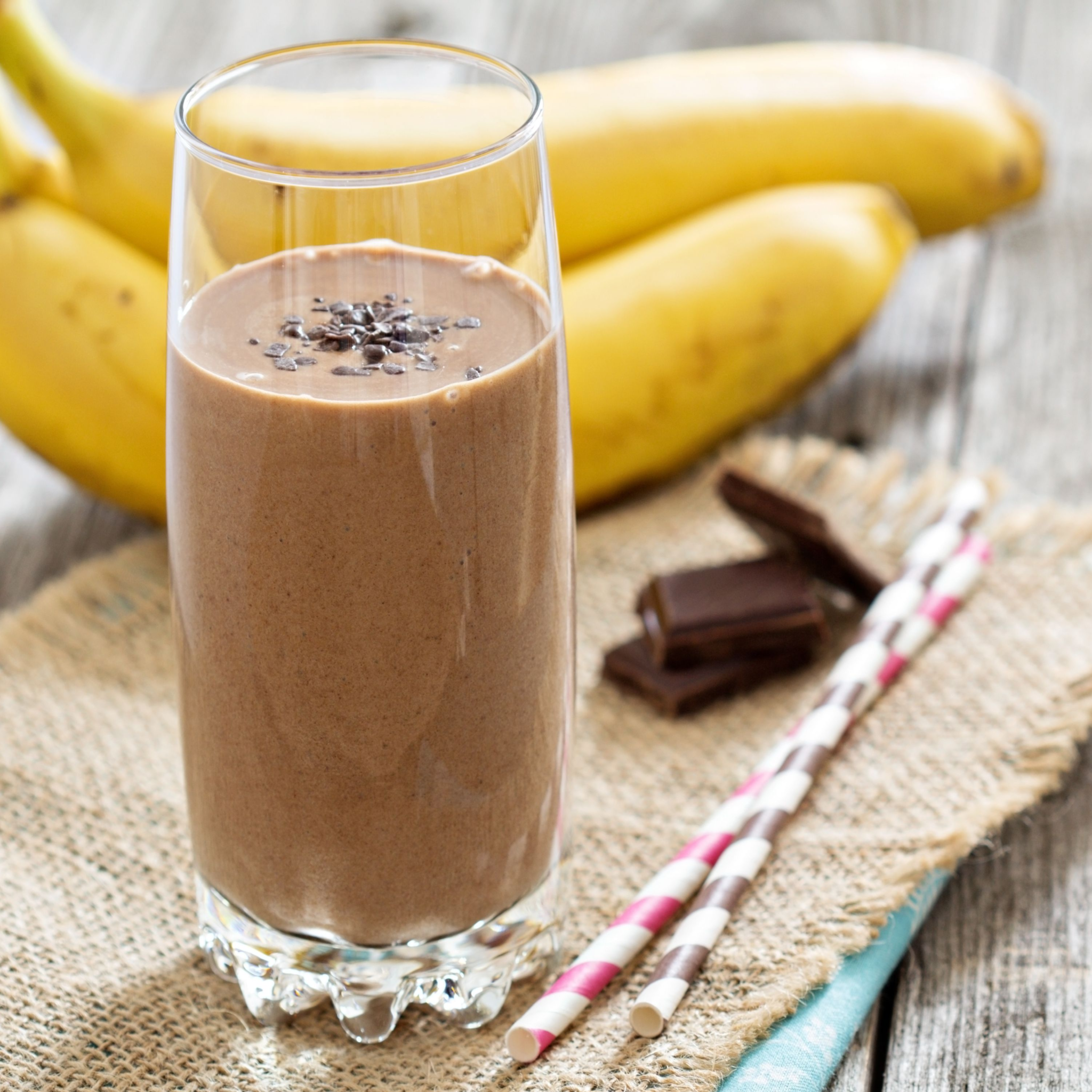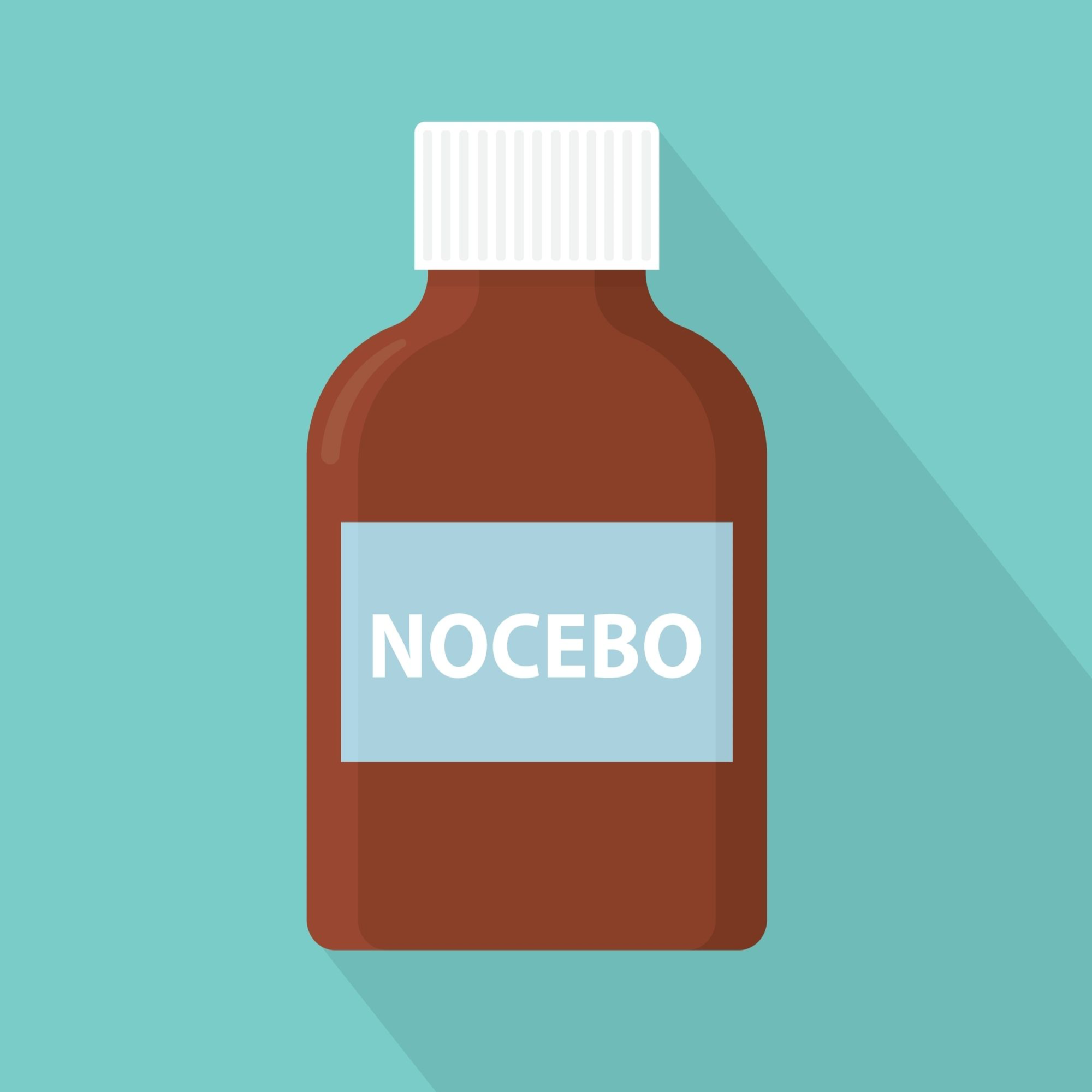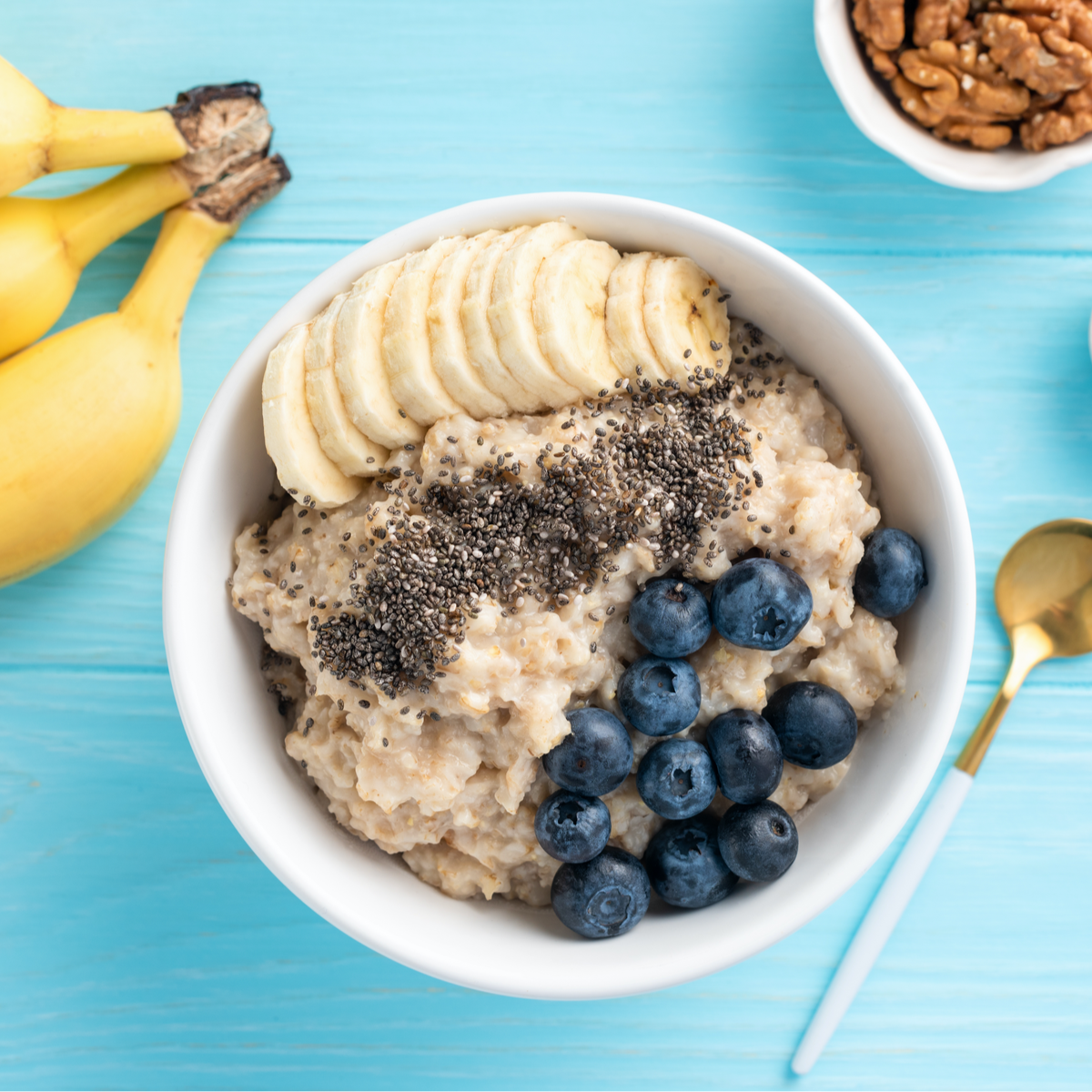
Do refined vegetable oils deserve their toxic reputation?
Most inexpensive vegetable oils are highly refined unless the label says otherwise (e.g. cold pressed, unrefined). These include canola, corn, soy, safflower and sunflower.
Should you shun them? My answer is grey, rather than black and white.
⭐️ Potential advantages:
✅ higher smoke point (for high-heat uses)
✅ neutral taste (for wider uses)
✅ fewer impurities (if processed to remove them)
⭐️Potential disadvantages:
⚠️Lower levels of certain nutrients.
Some phytonutrients (eg. vitamin E, phytosterols) are lost or damaged though certain refining methods (e.g high heat). However…these differences are unlikely to impact overall health, because even in virgin oils, the levels of nutrients pale compared to whole foods.
⚠️Small amounts of trans fats.
High-heat processing can create trans fats. However… at around 1-3% of total fats, these levels are 10-40x lower than those of evil hydrogenated oils. As context, these levels are similar to ruminant trans fat levels in dairy and lower than those in beef (the jury is still out on health impact of ruminant trans fats). I see them as worth factoring into your decision IF you consume large amounts of oil daily.
You may have heard about scary hexanes. The reality is that these small doses are minuscule and insignificant healthwise.
It’s up to you to balance the upsides and the downsides! For high heat cooking, it’s hard to get away without refining. More to come on oil shopping!
NERD NOTES:
⭐️Good fats: Processing does not affect the overall mix of saturated, monounsaturated and polyunsaturated fats.
⭐️Other nutrients: Virgin oils have higher levels of phytochemicals than refined oils but the differences between types of oils olive are more dramatic. For example, EVOO provides 10-15% of daily vitamin E per tablespoon. Sunflower oil (even refined) provides 3x more than this. Whole seeds and nuts trump the best oils.





